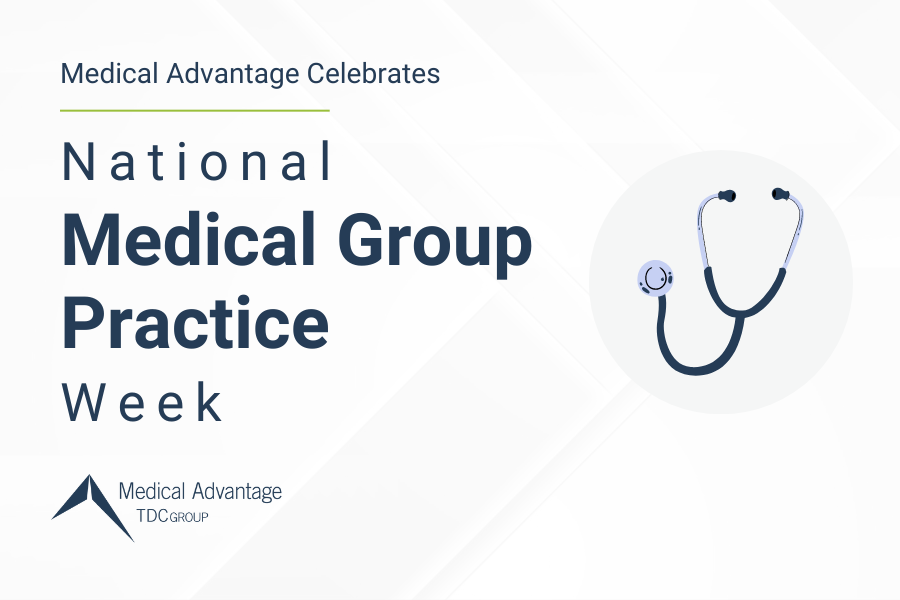Every day, countless health systems around the world face a growing amount of data to process and manage, patient care schedules to coordinate, and new and ongoing compliance regulations. The sheer volume of tasks that healthcare workers handle on a daily basis can be overwhelming, and falling behind sometimes leads to errors, inefficiencies, and missed opportunities.
Fortunately, when modern technology is leveraged effectively, it offers a way to cope with the burden on healthcare professionals and improve efficiency. One significant way this aim is achieved is through workflow automation. By automating repetitive tasks and processes, healthcare providers can reduce tedium, and focus on what really matters – providing quality, compassionate care to patients.
Understanding Workflow Automation’s Role in Healthcare
In simple terms, the healthcare workflow automation framework involves the utilization of key technology tools to streamline repetitive processes that have traditionally been performed manually. In healthcare, this can include anything from data entry and scheduling appointments to insurance claims processing and handling patient information.
The most notable ways workflow automation benefits healthcare are:
- Effective data management – Healthcare data is notoriously complex due to the sheer volume, variability, and the different formats it can take. By automating routine tasks like data entry and management, healthcare professionals can be more effective in providing quality patient care, reducing administrative burdens, and minimizing errors.
- Consistent processes – In healthcare, consistency is critical. Workflow automation ensures consistency by automating processes, making it easier to track and manage tasks. This, in turn, reduces errors and helps optimize workflows, making healthcare services more efficient and consistent.
- Improved productivity – By automating routine tasks like inventory management, shift scheduling, and patient admissions, healthcare professionals can prioritize other important matters such as focusing on quality patient care.
- Enhanced patient experience – Workflow automation solutions enhance the patient experience by allowing healthcare professionals to spend more time providing quality care, improving patient outcomes, and increasing patient satisfaction.
How Does Workflow Automation in Healthcare Actually Work?
Workflow in healthcare automation, simply put, utilizes technology to automate repetitive tasks and processes that are tedious and prone to human error, allowing healthcare professionals to be more efficient and prioritize other responsibilities. In healthcare, automated workflows can assist in completing routine tasks such as scheduling appointments, sending reminders to patients, and processing test results. By automating these tasks, healthcare professionals can make better use of time and improve patient care.
Example of the Workflow Automation Process
To begin, healthcare organizations must first identify the tasks that can be automated and choose a workflow automation software system that meets their needs. After selecting the software, healthcare organizations then map out the automated workflows, which allows them to define the steps and conditions that trigger the automation.
Next, when the trigger conditions are met, the workflow automation software automatically initiates the specified workflow by executing the pre-defined steps. This means that tasks such as appointment scheduling, prescription filling, and billing can all be automated. This not only saves time but also improves accuracy, as there is less room for error than with manual processes.
Healthcare workflow automation examples include patient onboarding and pre-appointment preparation. By automating the patient registration process, healthcare providers can improve the patient experience such as reduced wait times. This time efficiency can be achieved by sending forms and information through automated messaging systems, and then tracking the progress of the onboarding process through the workflow automation software.
Advantages of Implementing Workflow Automation
Workflow automation is a game-changer for the healthcare industry. When implemented effectively, it can provide numerous benefits to healthcare organizations, including the following benefits.
Better Collaboration and Communication
Automating workflows can improve collaboration and communication among healthcare providers and between providers and their patients. For example, automated messaging systems can provide patients with timely and accurate information about their health conditions, while online portals can enable them to access their health records and communicate with their healthcare providers more easily.
Enhanced Patient Care and Experience
Workflow automation helps to improve the overall quality of care by making processes faster and more accurate, which can positively impact patient satisfaction.
By using workflow automation to increase efficiency and reduce errors, healthcare providers can avoid common issues that can negatively impact patient experiences. Additionally, workflow automation frees up healthcare professionals to spend more time with patients, allowing them to improve engagement, answer questions, and provide more personalized care.
Reduced Administrative Costs and Improved Efficiency
Automation can help to reduce administrative costs by reducing the time it takes to perform these tasks, minimizing human errors, and reducing overall labor-related costs.
Administrative costs are a significant part of most healthcare budgets. Manual tasks such as data entry, scheduling, billing, and other related activities can be very time-consuming and add significant costs to healthcare systems, especially in larger institutions.
Summary: Workflow Automation in Healthcare
Workflow automation has huge potential to improve the healthcare experience for providers and their patients. It helps maintain compliance while enhancing patient satisfaction, with the added benefit of reducing administrative costs, and increasing efficiency. By automating repetitive tasks, automated workflow solutions allow healthcare professionals to focus on what matters most – providing quality, compassionate care to patients.
Streamline Workflows with Medical Advantage Practice Consultants
As specialists in practice operations, Medical Advantage can help identify automation opportunities and implement key automations that optimize your medical practice workflows, effectively raising the quality of patient care, and staff satisfaction. Contact us to learn more about how our automation solutions can transform your practice operations.





